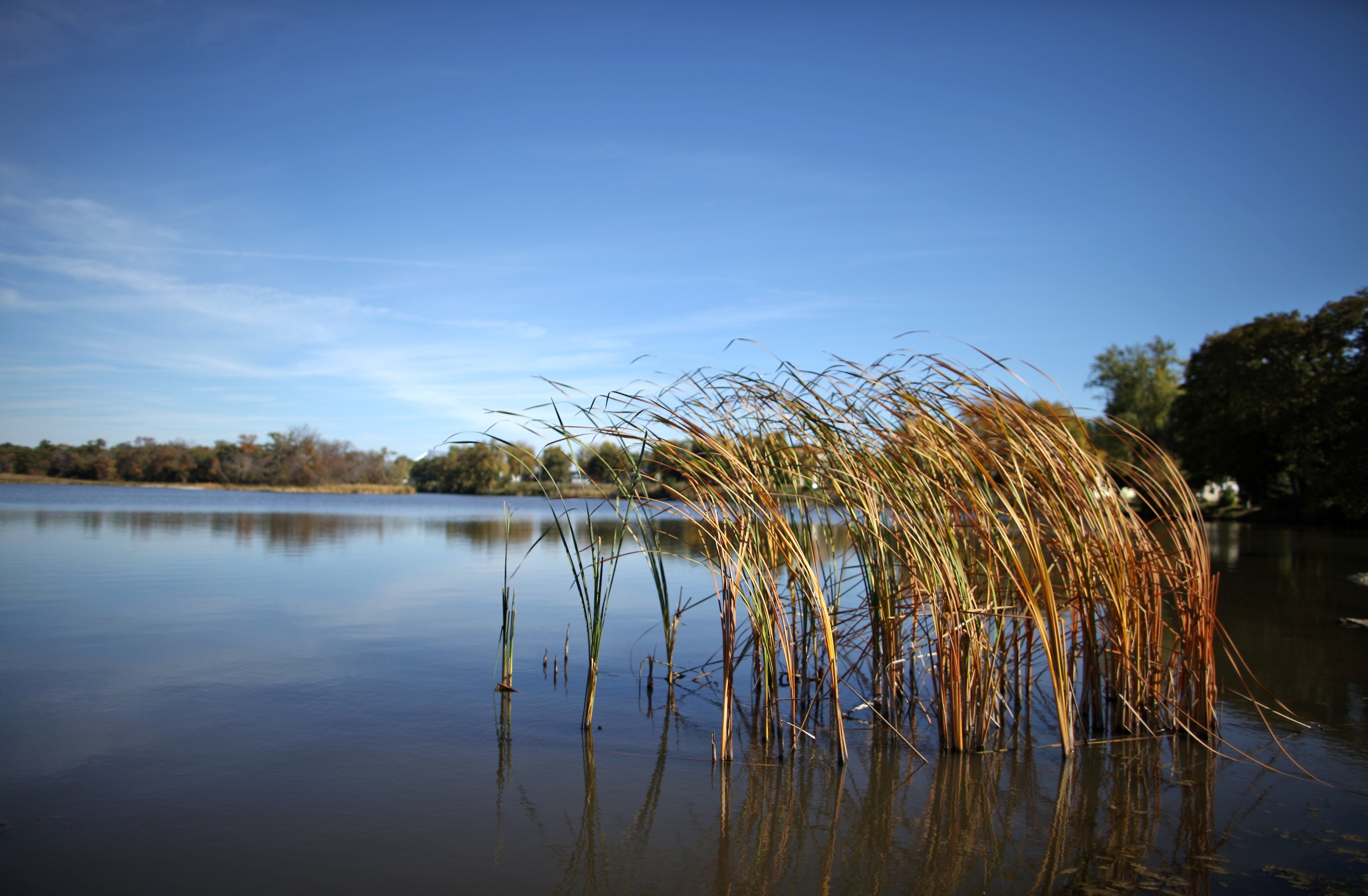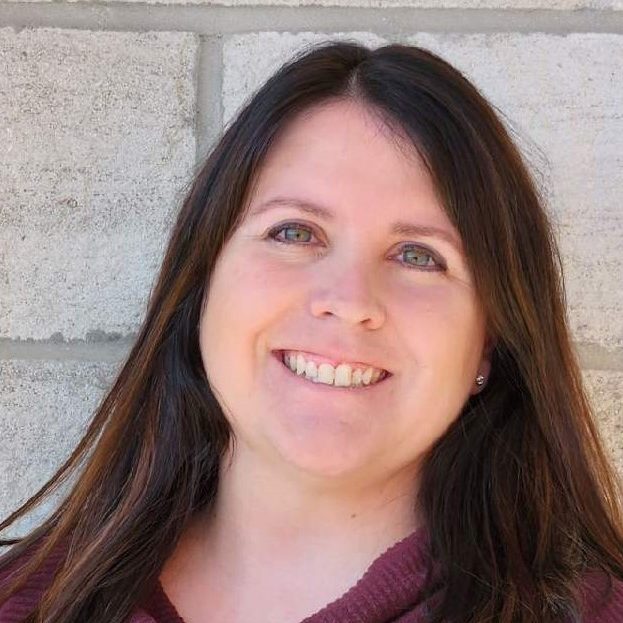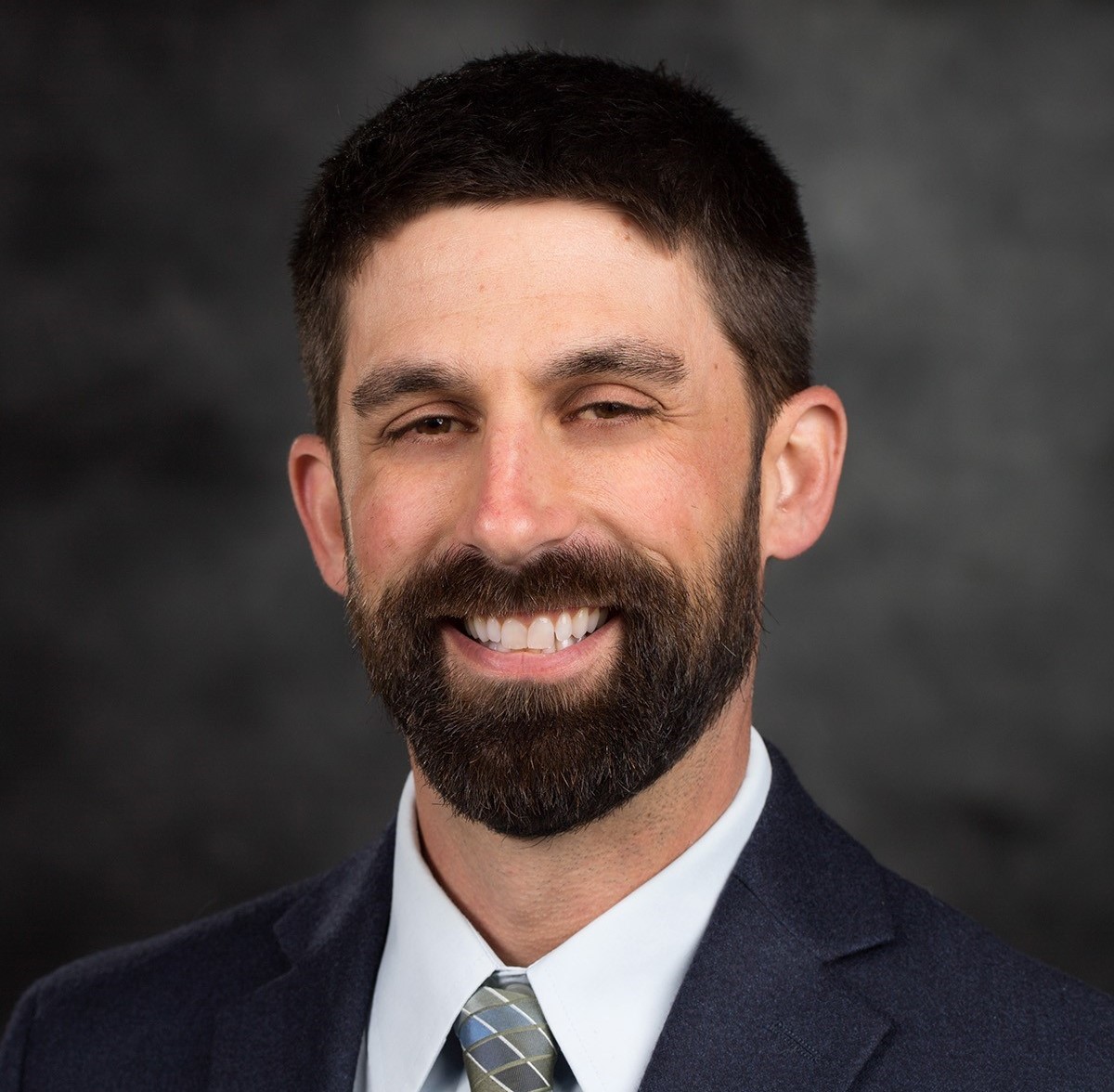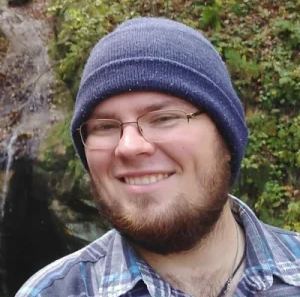Water Quality in Green County

Water Quality
in Green County
Purpose
We know how important water is to our daily lives, our futures, and the world around us. Extension Green County strives to provide high-caliber, research-backed information about water in Green County. Working with state and county partners, we aim to explore what continued education about water quality, water management, and water testing can look like on a local level
Extension Water Team

Jordyn Sattler
Regional Crops & Soils Educator
608-228-0208
jordyn.sattler@wisc.edu

Kevin Masarik
Groundwater Education Specialist
715-346-4276
kmasarik@uwsp.edu

Landon Baumgartner
Nutrient and Pest Management Southwest Outreach Specialist
landon.baumgartner@wisc.edu

Elizabeth McNamee
Outreach Specialist, Southern WI
Ag Water Program
emcnamee@wisc.edu




